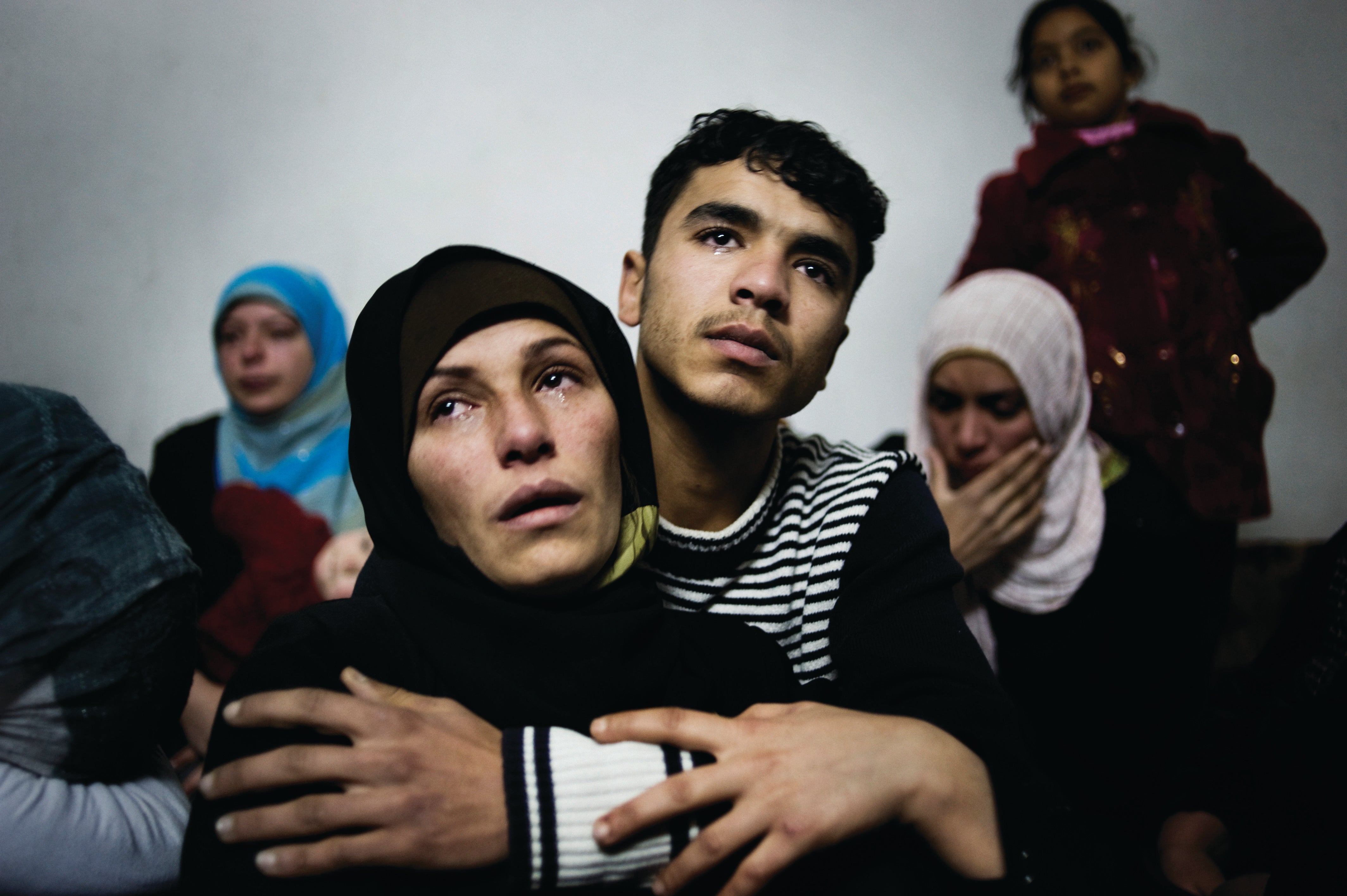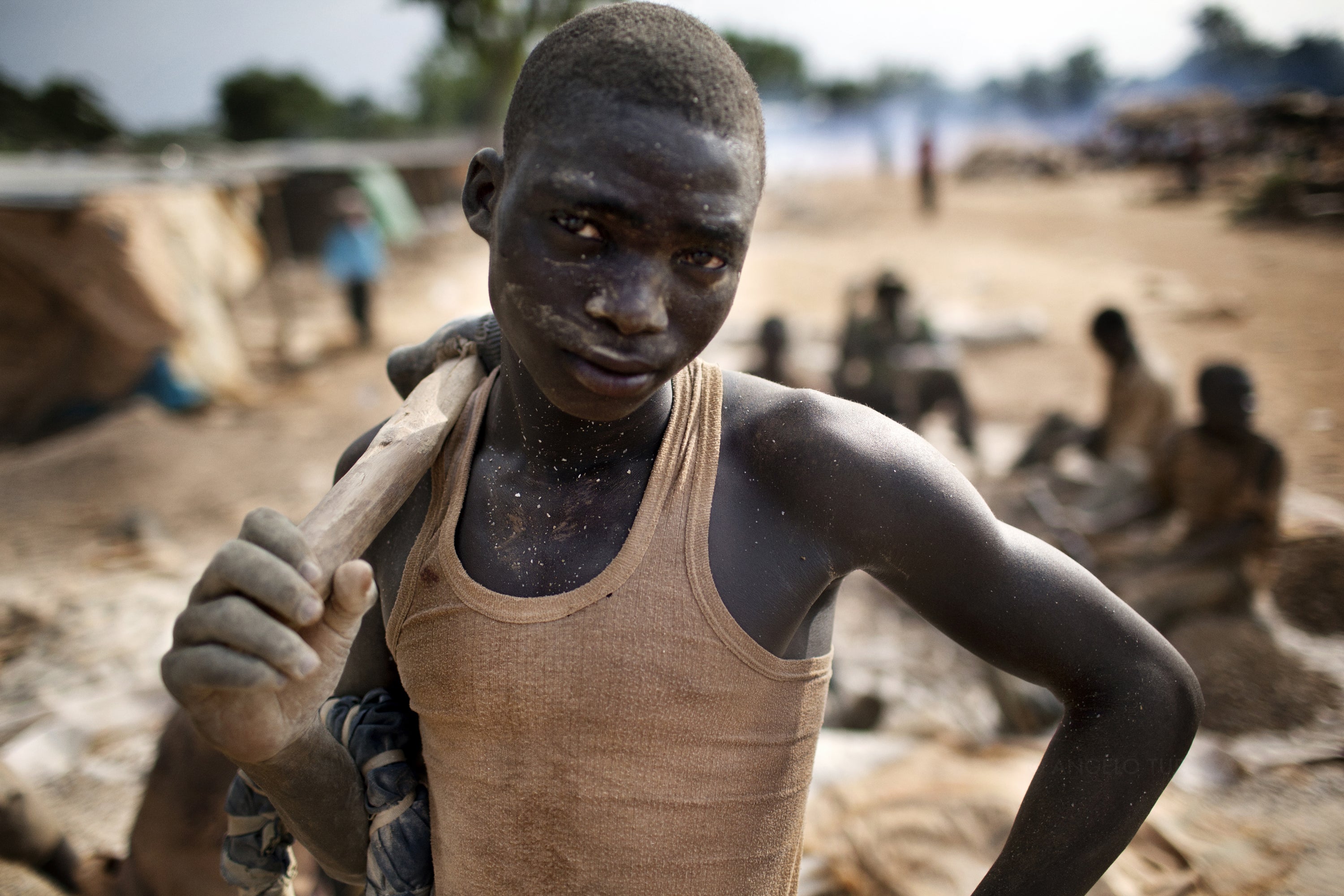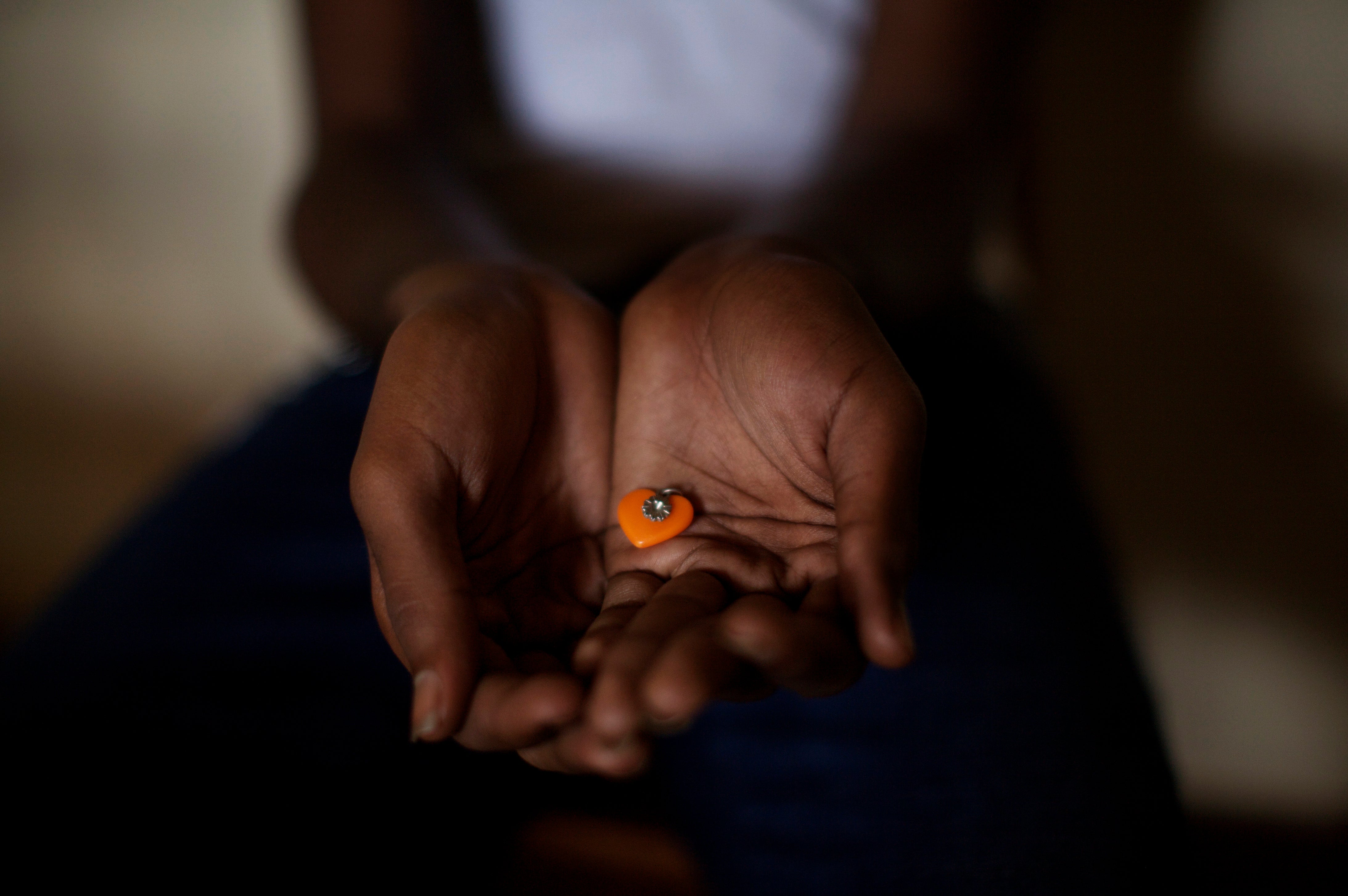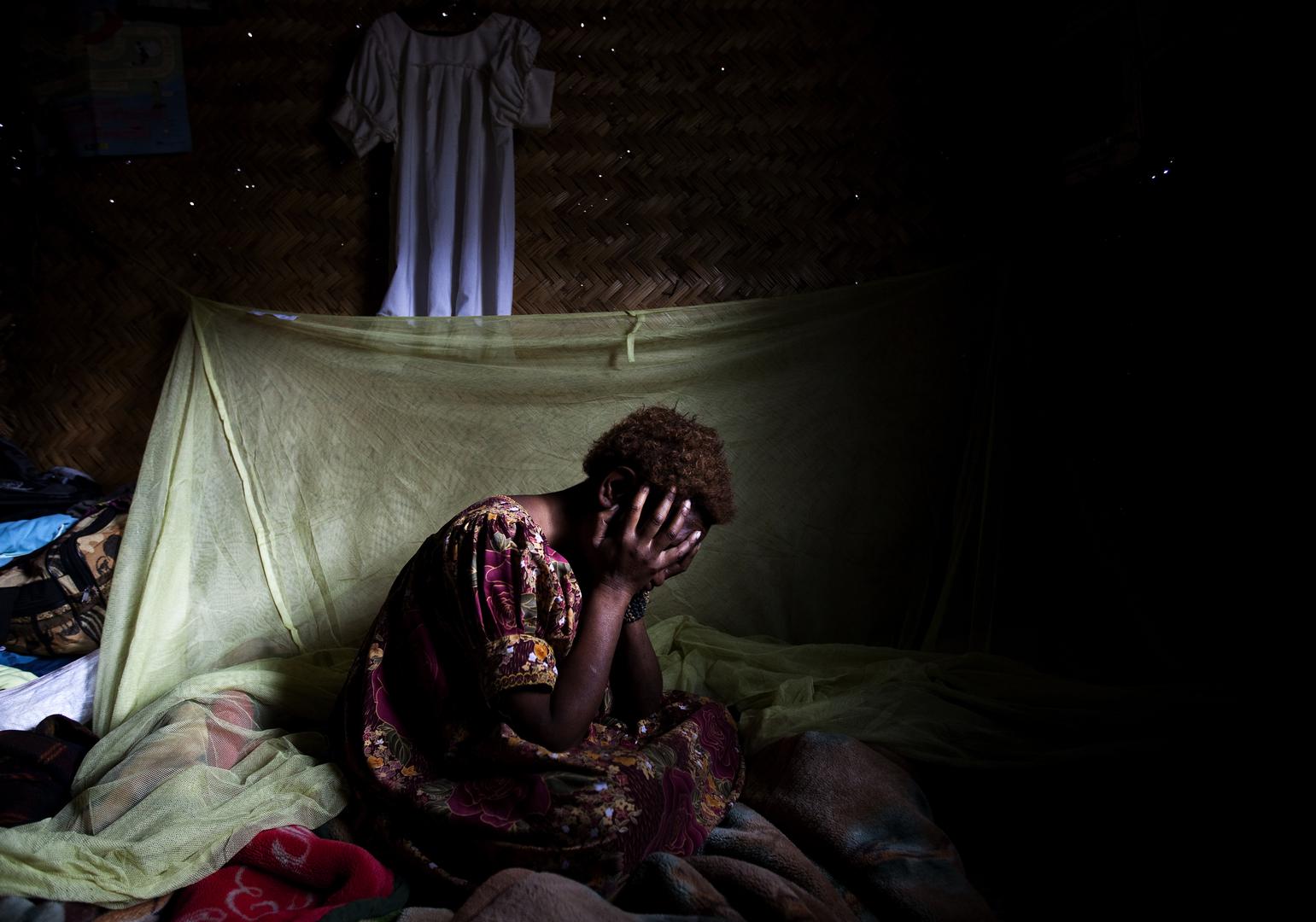Human rights conditions in Iraq remain poor, particularly for detainees, journalists, activists, and women and girls. Security forces continued to arbitrarily detain and torture detainees, holding some of them outside the custody of the Justice Ministry. The Justice Ministry announced a record number of executions in 2012, but provided little information about the identities of those executed.
Iraq security forces continuedto respond to peaceful protest withintimidation, threats, violence, and arrests of protesters and journalists. Security forces and pro-government non-state actors harassed journalists and media organizations critical of the government.
In April, Iraq’s parliament passed a law criminalizing human trafficking, but has yet to effectively implement it. The Kurdistan Regional Government (KRG) has not taken steps to implement a 2011 law banning female genital mutilation (FGM).
Hundreds of civilians and police were killed in spates of violence, including targeted assassinations, amid a political crisis that has dragged on since December 2011.
Detention, Torture, and Executions
Forces controlled by the Defense, Interior, and Justice Ministries, as well as elite forces reporting directly to the prime minister’s office, continued arbitrary detentions of a broad spectrum of detainees, including in secret prisons outside the purview of the Interior and Justice ministries. Despite a Justice Ministry announcement in March 2011 that it would close the Camp Honor secret detention facility—where Human Rights Watch documented systematic torture—HRW received information from multiple sources that the prison continued to be used as late as March 2012.
Several detainees reported being tortured after mass arrest campaigns in late 2011 and March 2012, the latter in preparation for an Arab League summit in Baghdad, in what arresting officers characterized as “precautionary” measures to prevent terrorist attacks. Six detainees released in April reported that interrogators told them that they were being held to curb criminal activity during the summit and any “embarrassing” public protests.
Vice President Tariq Hashimi’s former guard, whose body bore wounds suggesting torture, died in government custody in March, and poet Irfan Ahmed Mohammed died in KRG police custody in August. Authorities have not released investigation results for either case.
Government officials reported that 70 percent of prisons are over capacity, with large numbers of detainees held in lengthy pre-trial detention without judicial review. Inmates in numerous prisons, including the women’s facility in Rusafa prison complex in Baghdad, suffer from overcrowding and lack of sufficient access to food and water.
The Justice Ministry announced 129 executions as of mid-November 2012, up from 68 in 2011. Under Iraqi law, 48 offenses are subject to the death penalty, including offenses recently criminalized in the Countertrafficking Law.
Freedom of Assembly
Security forces continued to respond to peaceful protests with intimidation, threats, violence, and arrests of protesters. On February 17, hundreds of security forces of the KRG surrounded a peaceful demonstration in Sulaimaniya’s Sara Square. Dozens of men in civilian clothing attacked protesters and made many arrests.
In Baghdad, security forces blocked hundreds of protesters from reaching demonstrations in Tahrir Square on February 25. Up to 1,000 armed personnel amassed on side streets, informing approaching protesters that they had a long list of names of people to arrest and that they would arrest even those with names “similar” to those on the list.
Freedom of Expression
The environment for journalists remained oppressive in 2012. The Iraqi parliament was at this writing considering a number of laws restricting the media and freedom of expression and assembly, including the draft Law on the Freedom of Expression of Opinion, Assembly, and Peaceful Demonstration, and a draft law regulating the organization of political parties that punishes expression “violating public morals” and conveying “immoral messages.” In September, the Federal Supreme Court denied a petition by a local press freedom organization to repeal the Journalists Protection Law on the basis that it fails to offer meaningful protection to journalists and restricts access to information.
The Committee to Protect Journalists (CPJ) ranked Iraq at the top of its 2012 Impunity Index, which focuses on unsolved journalist murders, and reported that there have been no convictions for murders of journalists since 2003. Iraqi authorities made no arrests for the murder of Hadi al-Mahdi, a journalist critical of the government, killed in September 2011. Another journalist, Zardasht Osman, was abducted and murdered after publishing a satirical article about KRG president Massoud Barzani in 2010. The KRG never released details of the investigation into his death.
On May 8, the National Communications and Media Commission of Iraq (NCMC) asked the Interior Ministry to “take the necessary legal measures” against 44 foreign and Iraqi media outlets it stated were operating illegally. The media outlets remained open at this writing, but registration is difficult, leaving them vulnerable to closure.
A draft law on information technology crimes awaits parliamentary ratification. One article provides for life imprisonment and large fines for vaguely defined crimes, such as “intentionally” using computer devices and information networks to undermine the country’s “supreme economic, political, military, or security interests.”
Women’s and Girls’ Rights
Many Iraqi women have lost their husbands as a result of armed conflict, generalized violence, and displacement. The resulting financial hardship has made them vulnerable to trafficking for sexual exploitation and prostitution.
The parliament passed a countertrafficking law in April that outlines government obligations and provides for prosecution of traffickers. Iraqi authorities announced the arrest of a Baghdad trafficking ringleader in September, but little has been done to prosecute other people accused of trafficking, or to take measures to prevent it. Victims of trafficking continue to report having passports confiscated and being prevented from obtaining visas and new identification papers, leaving them vulnerable to arrest and unable to access health care.
In June 2011, the KRG parliament passed the Family Violence Bill, which includes provisions criminalizing forced and child marriages; abuse of girls and women; and a total ban on FGM. Implementation of the law is poor, and dozens of girls and practitioners said that they had either undergone or performed FGM since the law was passed. The authorities took no measures to investigate these cases.
Other Vulnerable Groups
In March, Iraq witnessed a string of attacks against young people with socially non-conforming appearances, including gender non-conforming and gay men and those who identify as “emo”—a subculture characterized by distinctive clothes and musical tastes. Local human rights groups, community activists, and media reported numerous deaths of these youths. Rather than undertaking measures to protect targeted individuals, the Interior Ministry said reports of attacks on those suspected of homosexual conduct or who appeared “emo” were “fabricated” and “groundless” and took no measure to prosecute or arrest attackers.
In January, Iraq ratified the Convention on the Rights of Persons with Disabilities (CRPD). However, Iraq’s government has failed to take the necessary steps to ensure that persons with disabilities do not face discrimination, as the CRPD requires, and to ensure access to their rights to education, employment, personal mobility, health care, and comprehensive rehabilitation services and programs, among other things. Large numbers of Iraqis with disabilities—including those resulting from conflicts, disease, and non-war-related injuries—are unable to find support for integration into their local communities.
In October, a study published in the Environmental Contamination and Toxicology bulletin found “compelling evidence” to link increased rates of miscarriages and developmental disabilities in children in Fallujah and Basrah to environmental toxins left by US military operations in those areas.
Refugees and Displacement
According to the United Nations high commissioner for refugees, nearly 30,000 Syrian refugees have fled to Iraq since armed conflict began in Syria in 2011. Iraq closed the al-Qaim border to Syrian refugees in August. The government reopened the crossing in September but stated that it would not admit young Syrian men.
The Iraqi government has no adequate plan for the return of Iraqis who have been displaced internally or those who have fled to neighboring countries. In July, Iraq’s government assisted in returning thousands of Iraqis from Syria, providing flights and bus tickets to returnees, but the government has failed to assist them in finding housing or jobs. Thousands of displaced persons within Iraq continue to reside in squatter settlements without access to basic necessities such as clean water, electricity, and sanitation. Many are widows with few employment prospects.
In September, the UN nearly completed the transfer within Iraq of about 3,200 members of the exiled Iranian opposition organization, the Mojahedin-e Khalq (MEK). The UN Assistance Mission for Iraq (UNAMI) oversaw their transfer from Camp Ashraf, a refugee camp and former military base, where the group had resided since 1986, to Camp Liberty, another former military base. The United States secretary of state approved the removal of the group from the State Department’s list of designated terrorist organizations at the end of the same month.
Key International Actors
The US government has not sufficiently pressed the Maliki government to rein in corruption and serial human rights abuses.
Accountability for abuses committed by coalition forces in Iraq remains almost non-existent. On January 24, a military court sentenced Staff Sgt. Frank Wuterich to a reduction in rank and forfeited two-thirds of his pay for three months for leading the “Haditha Massacre”—in which US forces killed 24 unarmed Iraqi civilians, including women and children, in the town of Haditha in 2005. Wuterich, who pled guilty for negligent dereliction of duty for telling his men to “shoot first, ask questions later,” was originally charged with murder. He avoided jail time.
In April, the BritishGuardian newspaper reported that Australian military personnel working in Iraq in 2003 transferred 64 detainees to a secret prison where CIA and MI6 carried out interrogations that year. Two of the detainees died during the transfer and may have been beaten to death by British soldiers, the paper said.




